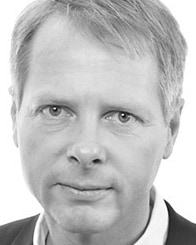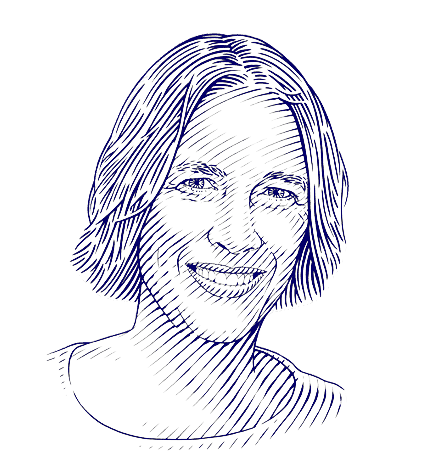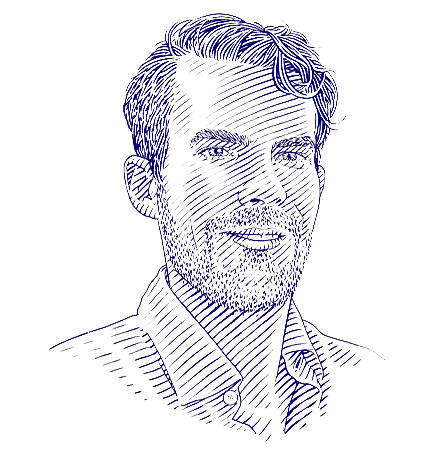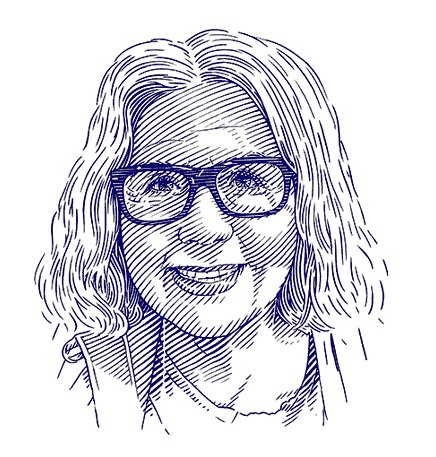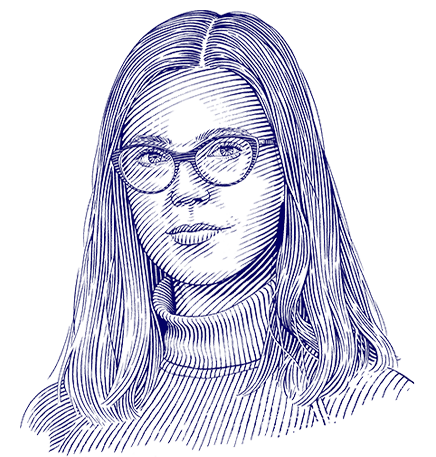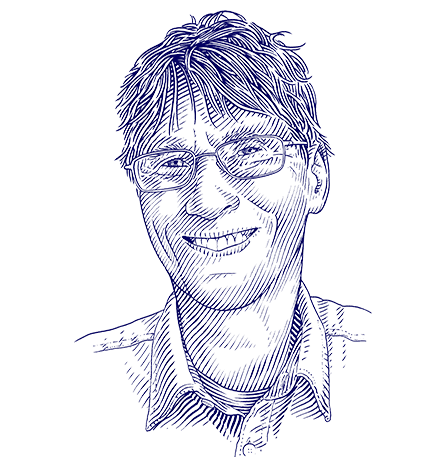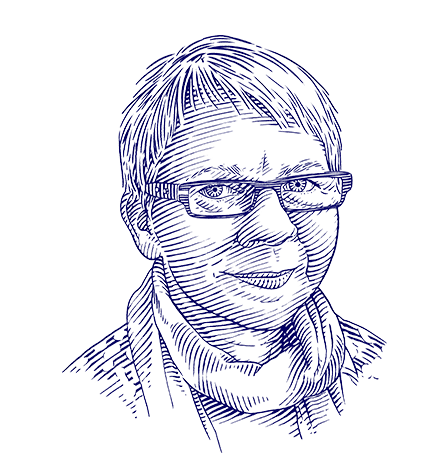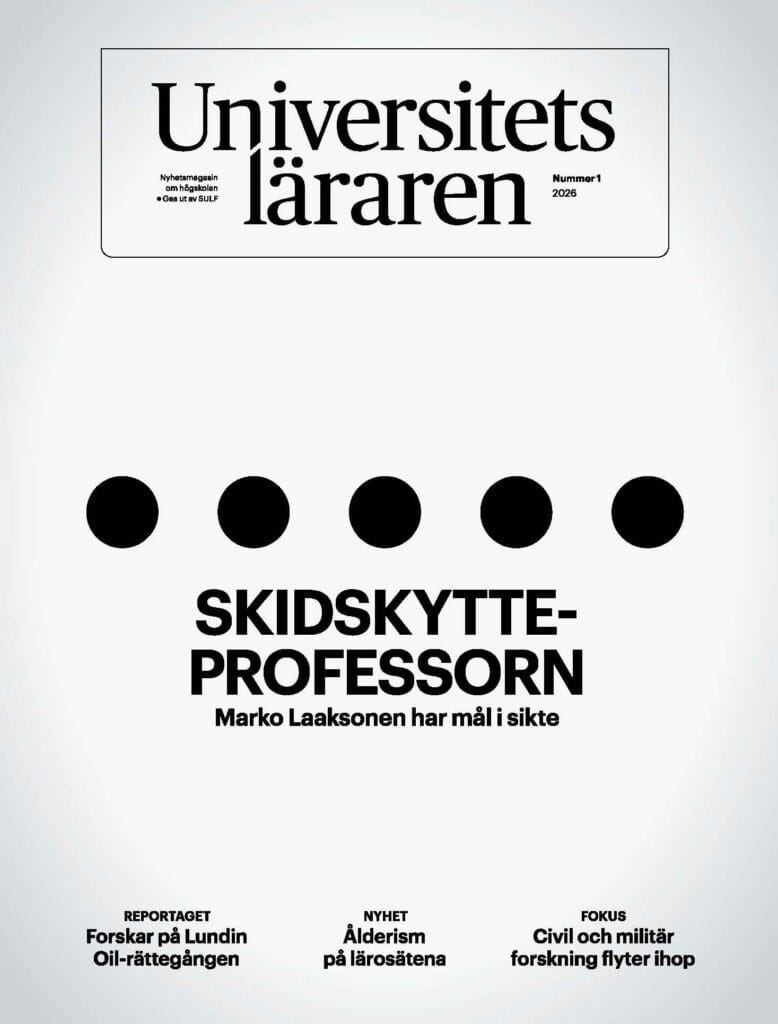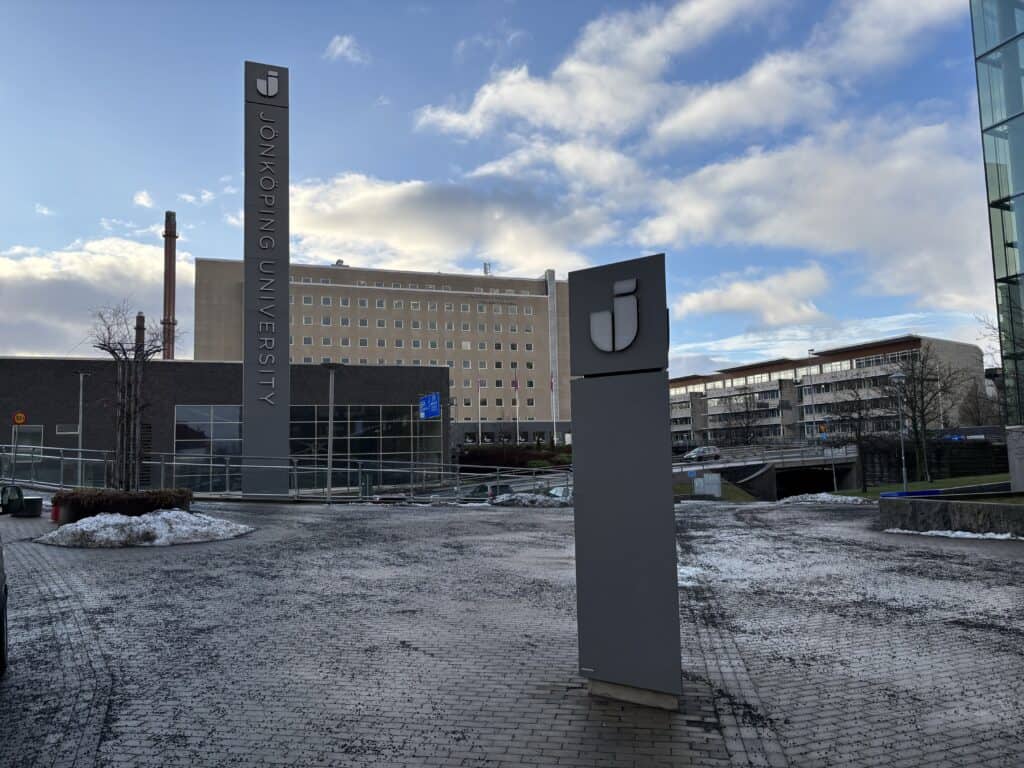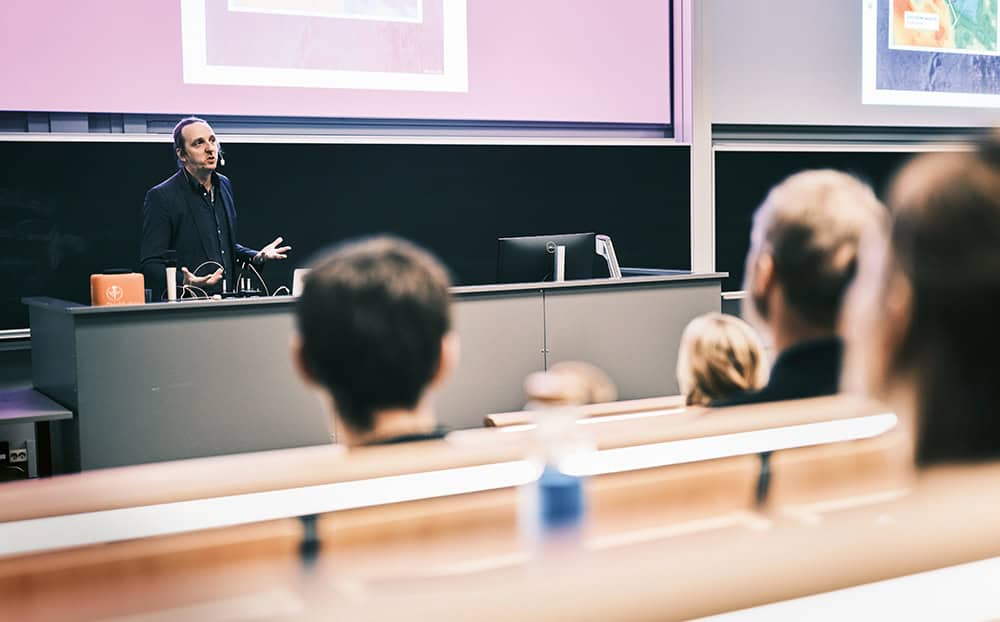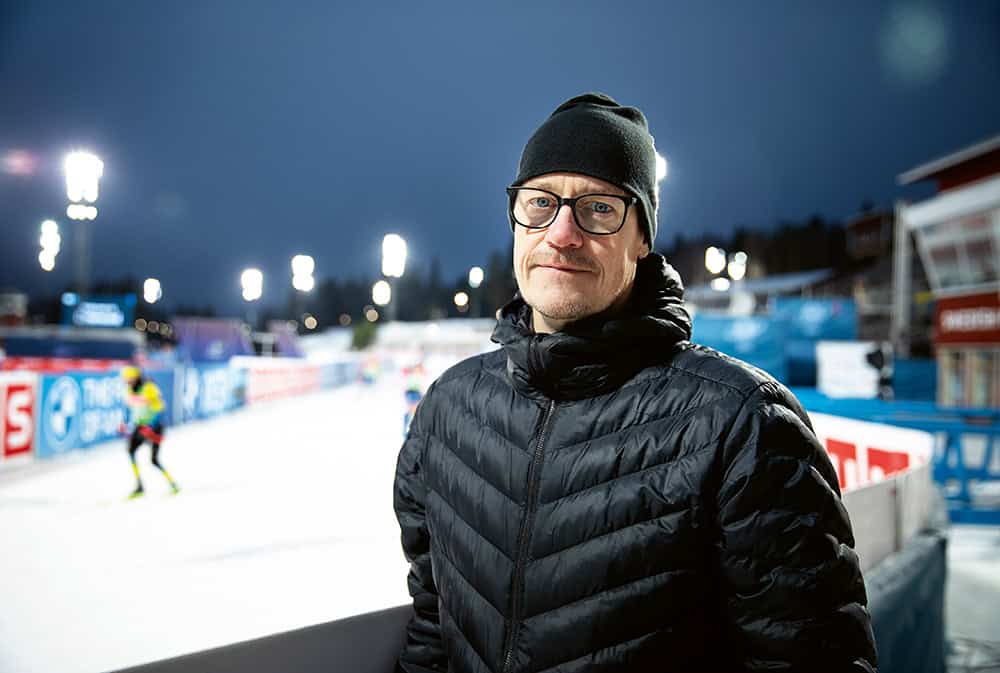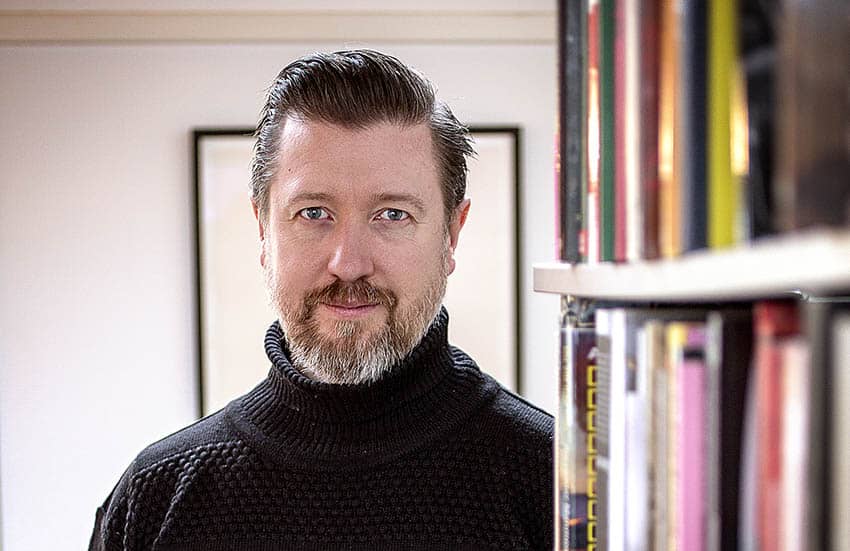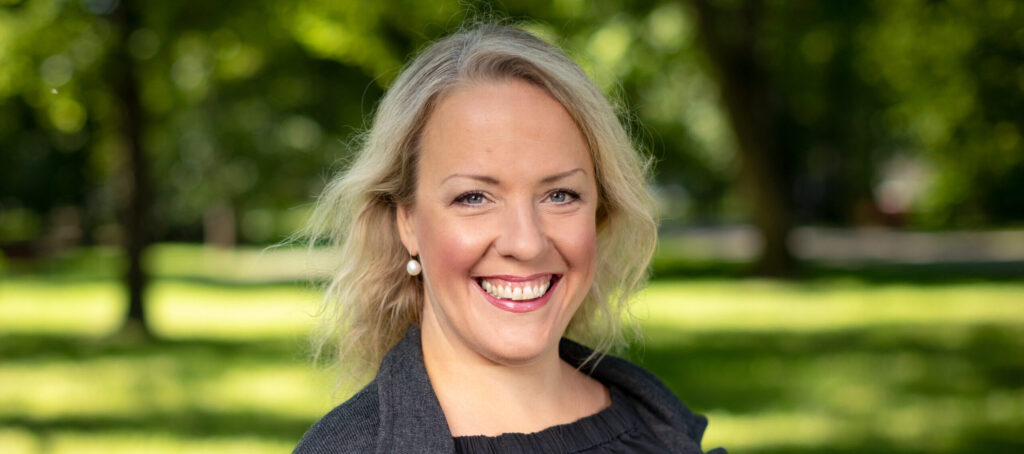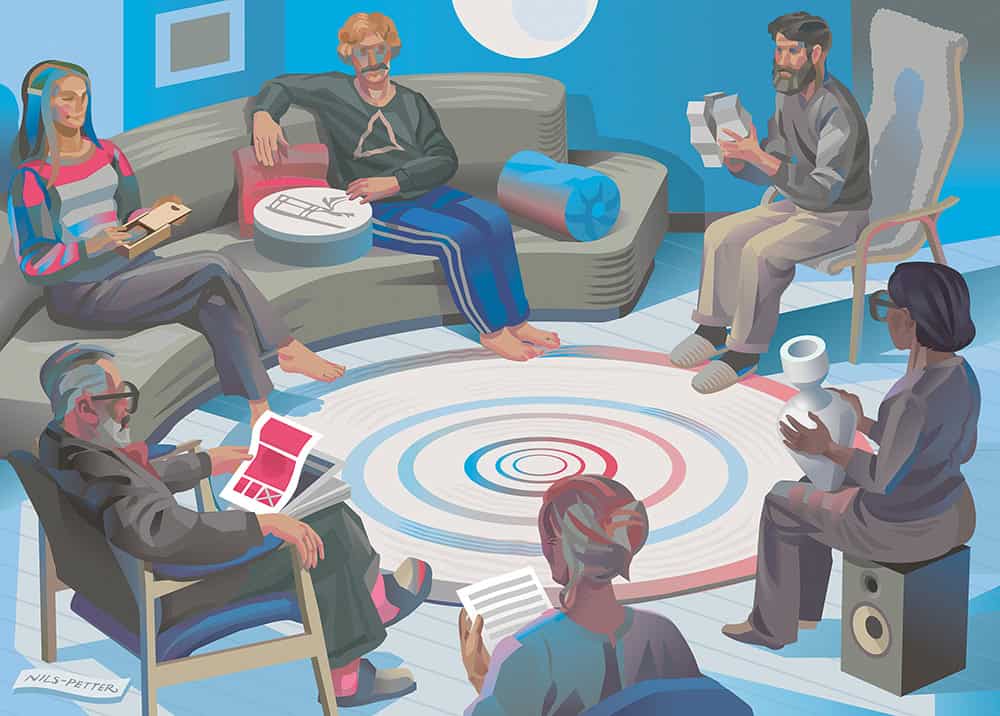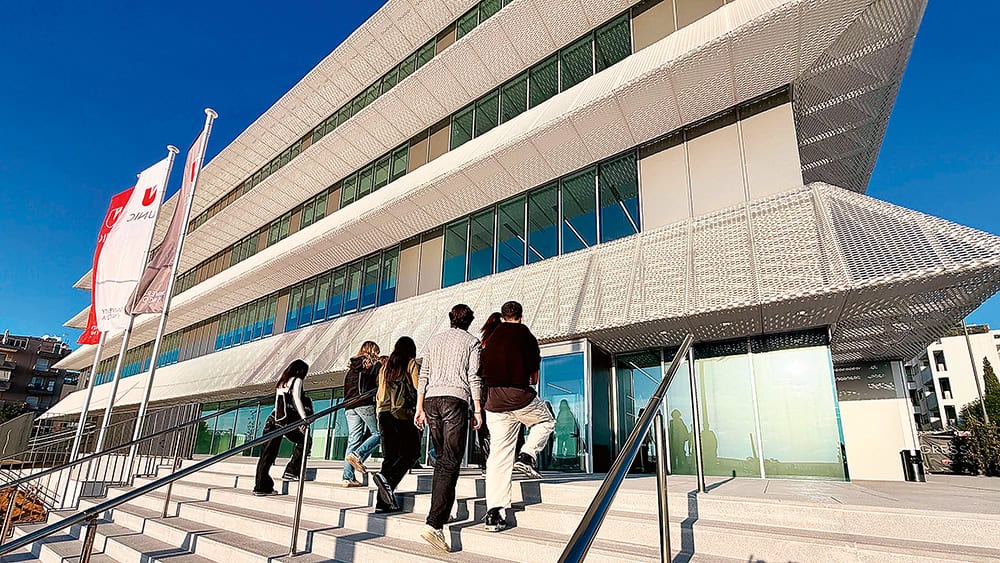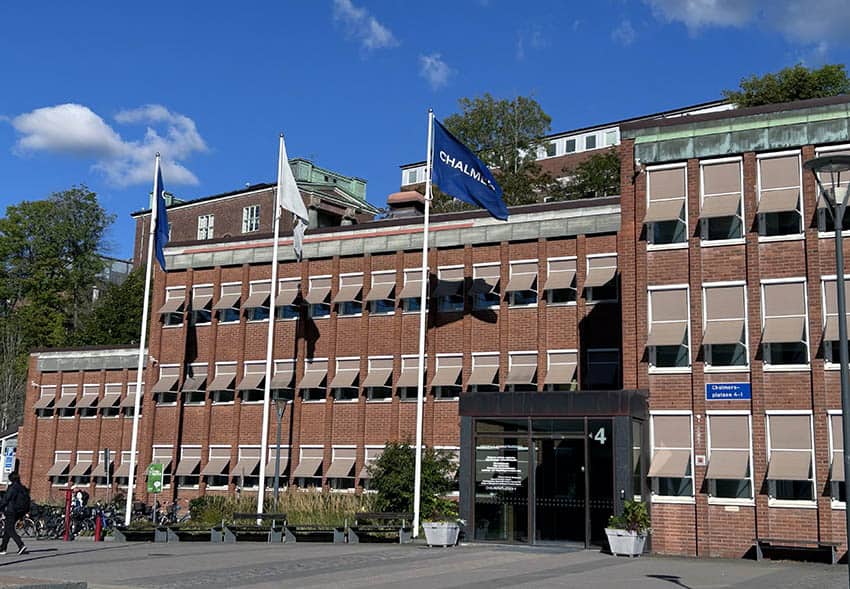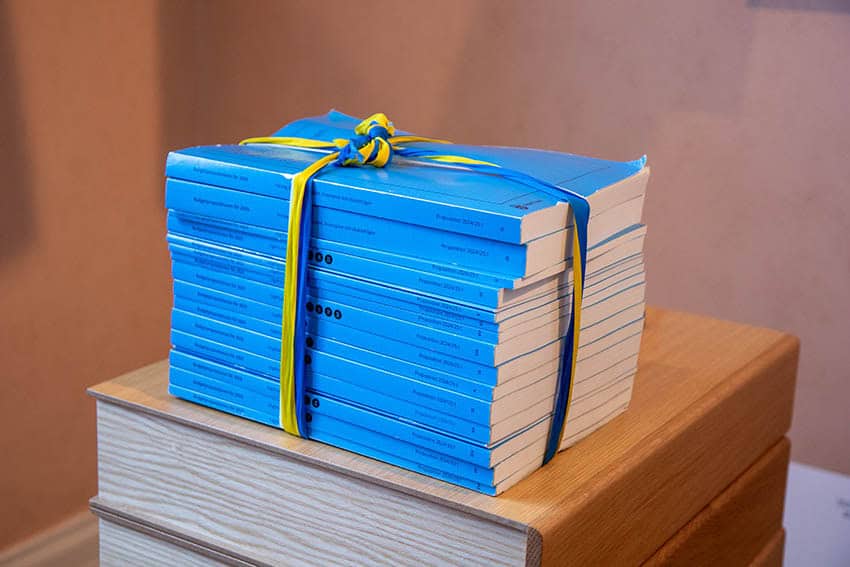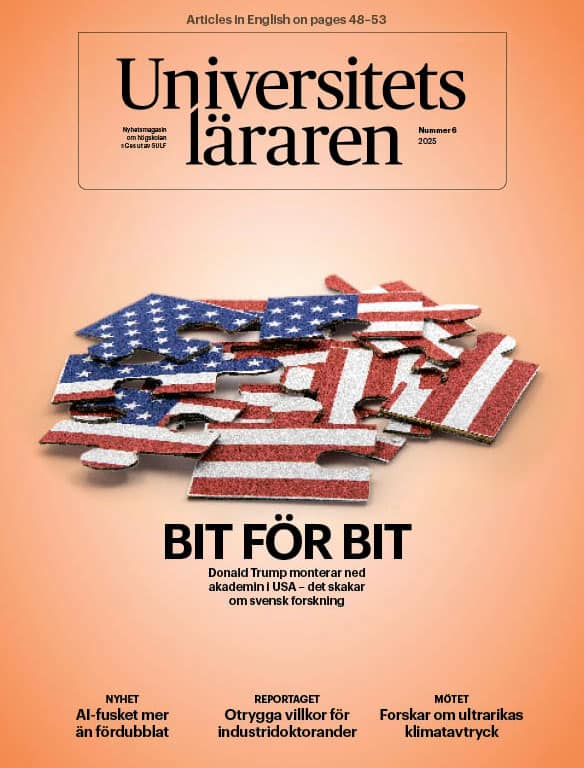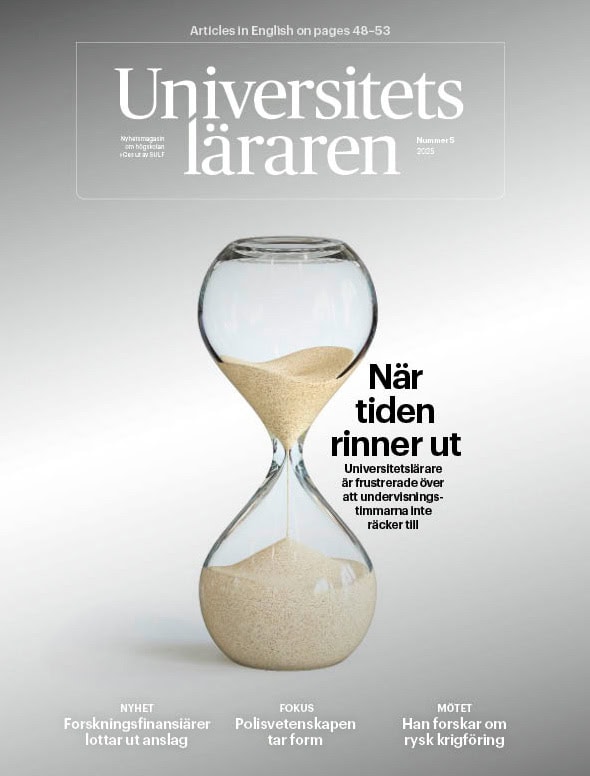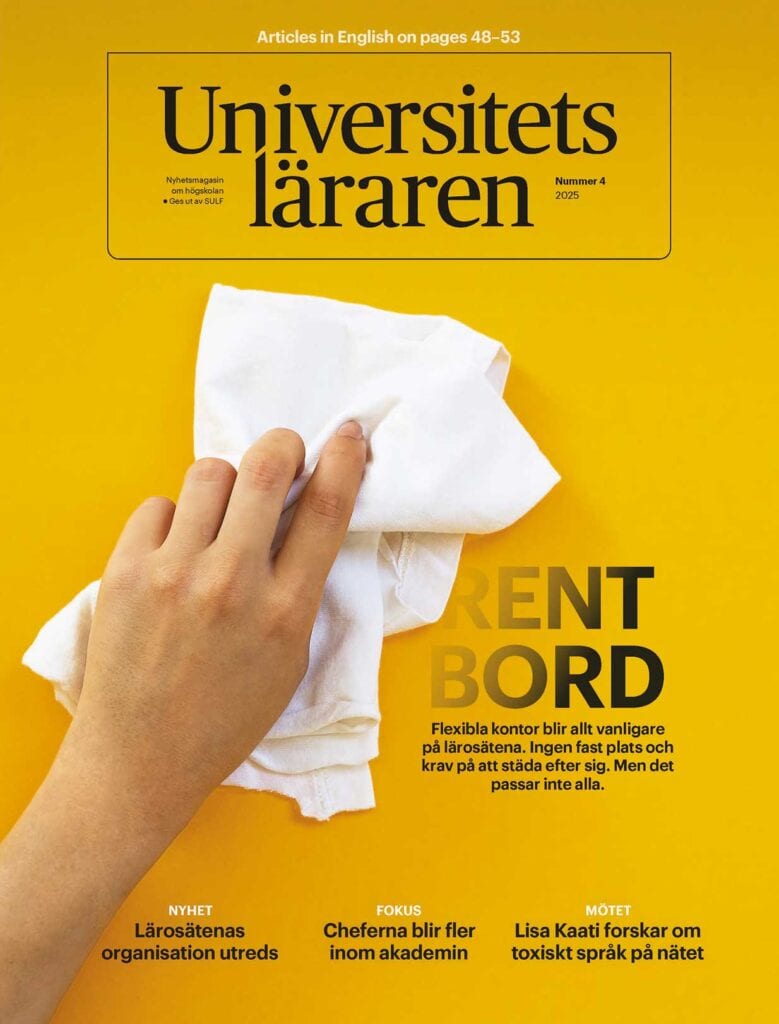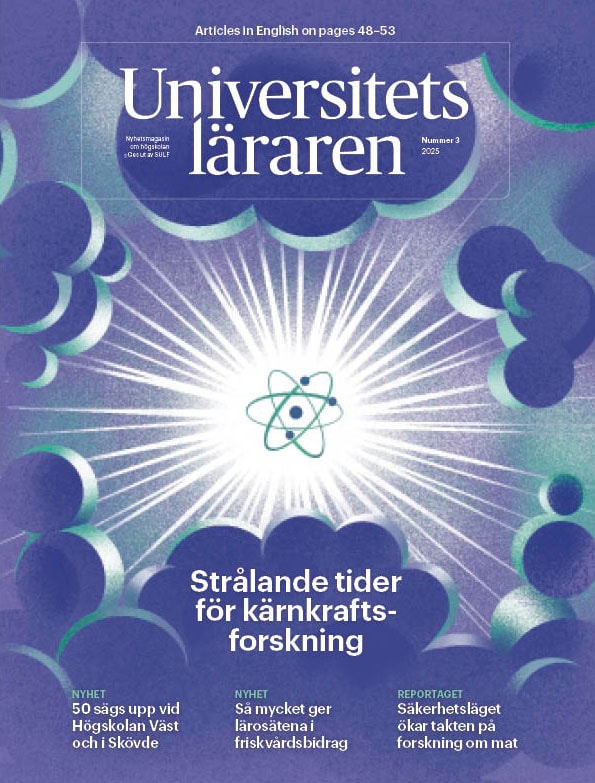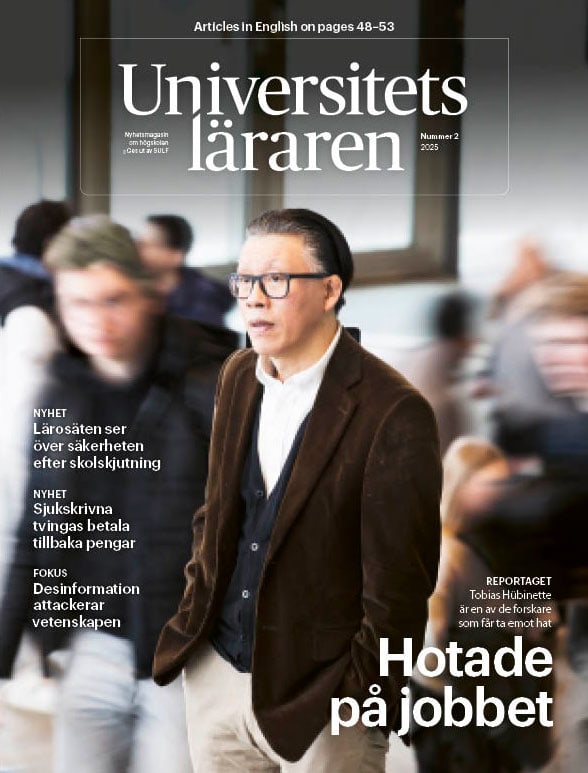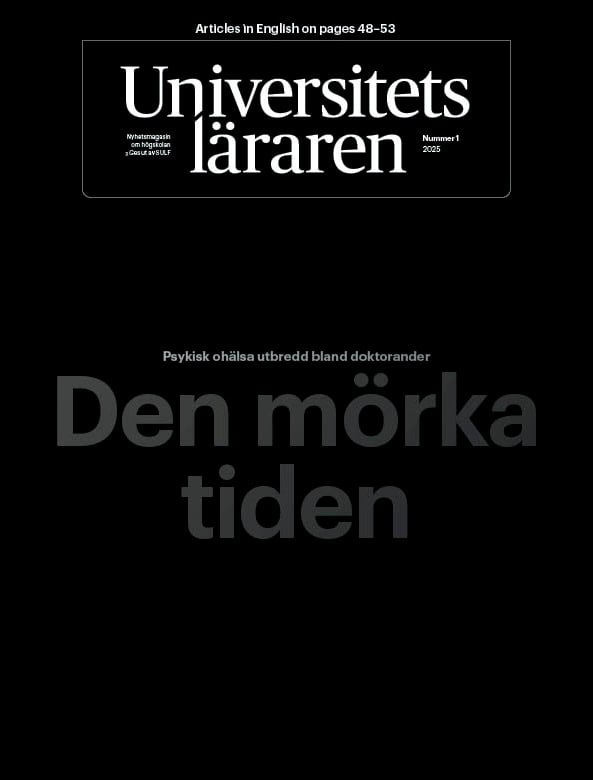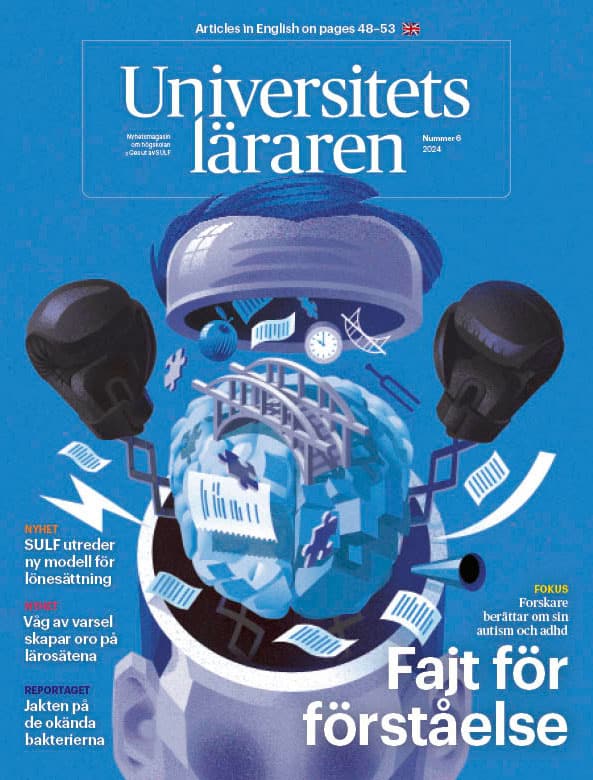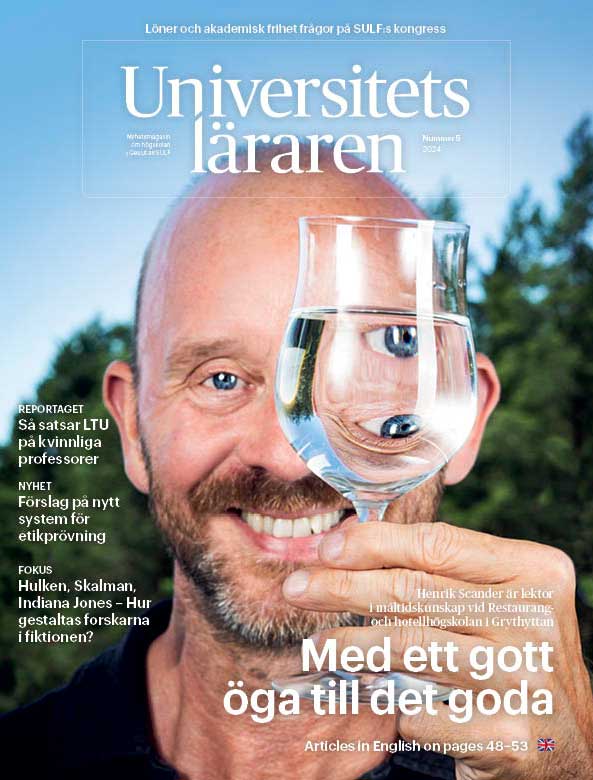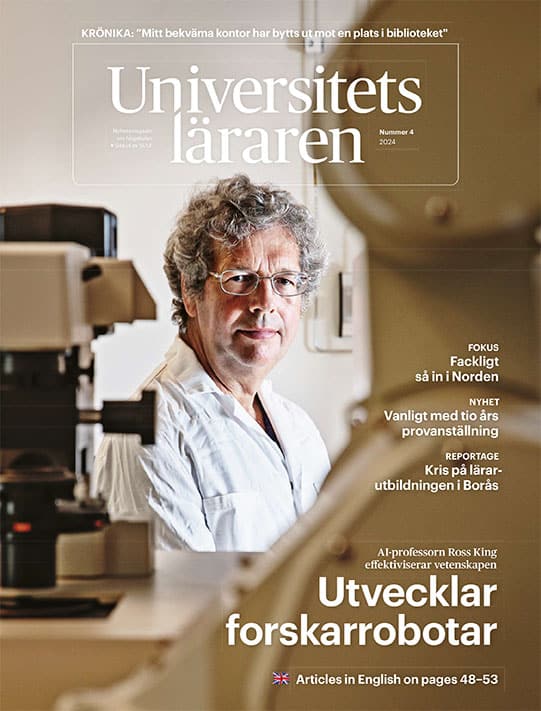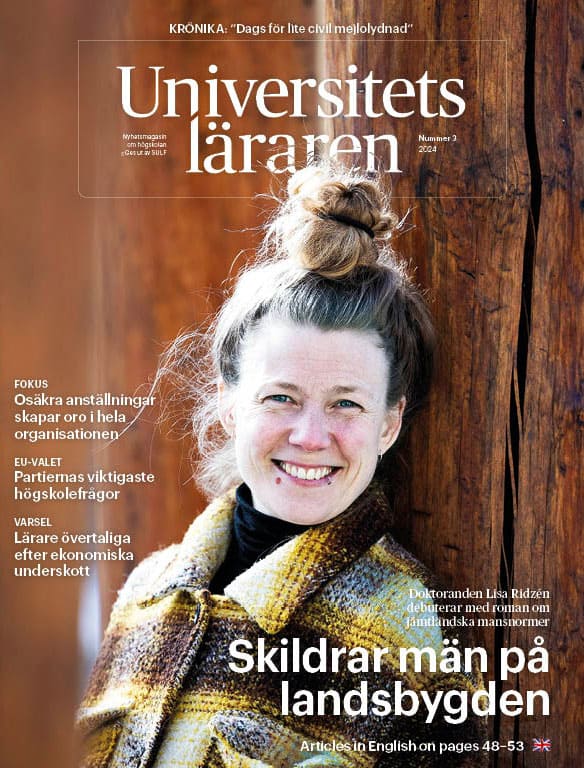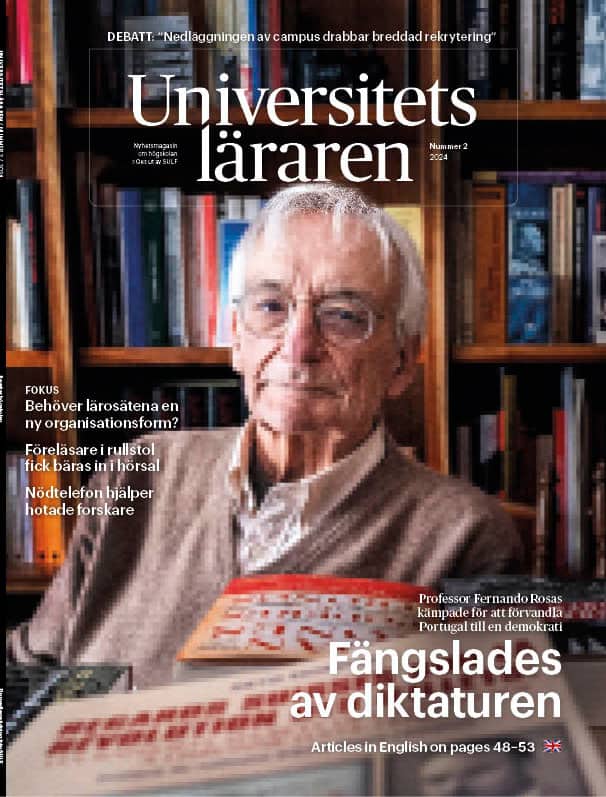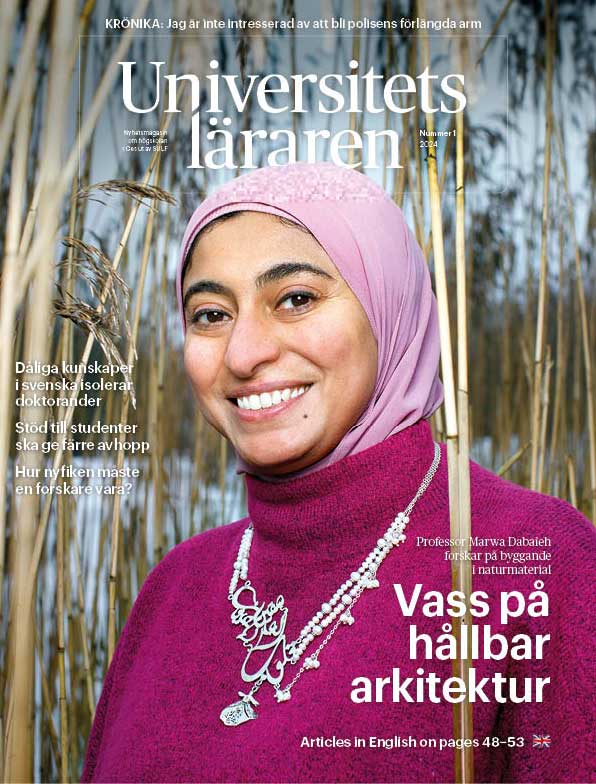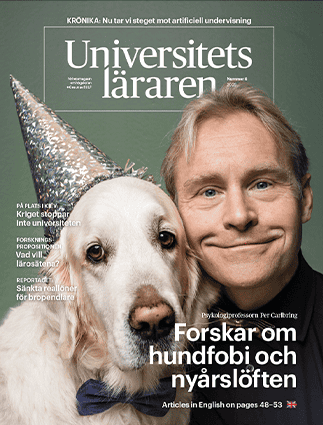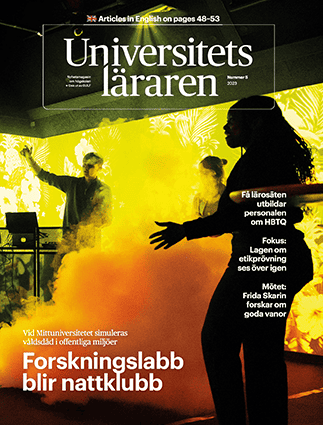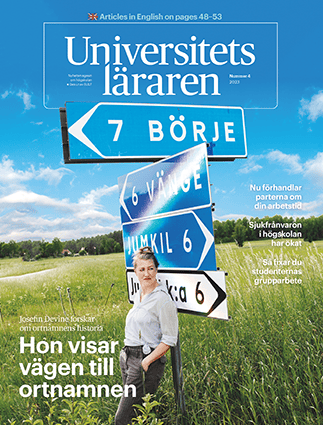November 6, 2017. The day my dream came true.
I was standing, nervous, in a medium sized lecture hall at Mid Sweden University. I was about to give the first lecture in a course that I have developed. It had been my lifetime ambition to one day give a lecture on physics at a university. Explaining exciting physical phenomena in simple ways to young curious minds, just like my role model Prof. Richard Feynman did, was my aim in life. This was the moment: all the decisions and actions in my life had been leading up to this; here I was, waiting to talk about physics in sensor technologies. I looked at my watch. Two minutes to go. Then I looked at my students.
Suddenly, a thought came to my mind. A realization perhaps. I imagined my 7 years younger self, sitting among the students. I quickly remembered my struggles, my stories during that time. Then I realized that all these students have stories too. All the curious faces, the anxious faces, the happy faces, the tired ones; each one of them is a story. I looked at my watch again … ”Good morning students, my name is Reza”.
Later that day, over the weekend and throughout the course I thought about this a lot. I thought about Sorwar – what was going on in his mind when he left his country, his family and his friends, his bicycle and his sister’s goldfish Tuki? Hameed, who had left his new wife Fatma in a small village in Jordan and was counting every second until he could return home to her? Peter, whose only way to escape from a boring, small northern Swedish village and an alcoholic father was to get into a university. Su Li, who could not take any more insults from relatives for not getting a good job in very competitive Beijing. Also, the pressures from her parents to get married. Therefore, one night Su Li searched for ”MSc study abroad” on the internet.
Studying abroad is not easy. For some, just studying is never easy. It takes courage to relocate to an unknown environment in order to pursue one’s education. Have you ever wondered about what is going on in your students’ minds in their first lecture on their very first day?
It is no surprise that it is impossible to know a student completely within a short period. It is also not recommended to develop a deeper personal relationship with students, for obvious reasons. This article is not suggesting, in any way, that a teacher should know the background or story of every student. However, it does urge teachers to accept or recognize the fact that students do have stories. Good stories and bad stories. Students want to study because they like the subject and they are ambitious. Not every Peter’s dad is an alcoholic; some have wonderful families. Not every Sorwar is sad to leave his country; some are excited by the prospect of a new life and made a positive choice. Nor are all Su Lis victims of social pressures; some came to study, perhaps just to gain international experience.
Next time, when Hameed knocks on your door and you are not super-busy, before you ignore him or tell him to come back later, take a few seconds. Remember that there might be a Fatma somewhere in the world who is counting down the days until she will meet Hameed again. Your ”come in” or ”give me one minute” with a smile can ease his pain, make his day and motivate him to work hard. When you see a student on the street, say hello. Who knows, maybe nobody has said hello to him or her for weeks. The student who fell asleep in the class, did you know that he carried and delivered newspapers by hand last night so that he can afford his breakfasts? Perhaps he shares his room with two other people to save money and cannot sleep at night.
A healthy learning environment depends heavily on the understanding and relationship between the students and the teacher. Mutual respect is built on a platform of understanding. A compassionate teacher can provide students with a feeling of ”psychological security”. In order to be compassionate to students, as well as to other fellow human beings, we do not need to know everyone’s story. We just need to know that everyone has one.
Reza Salim,
Research Scientist,
Mid Sweden University
Footnote: All names in the text are fictitious.
